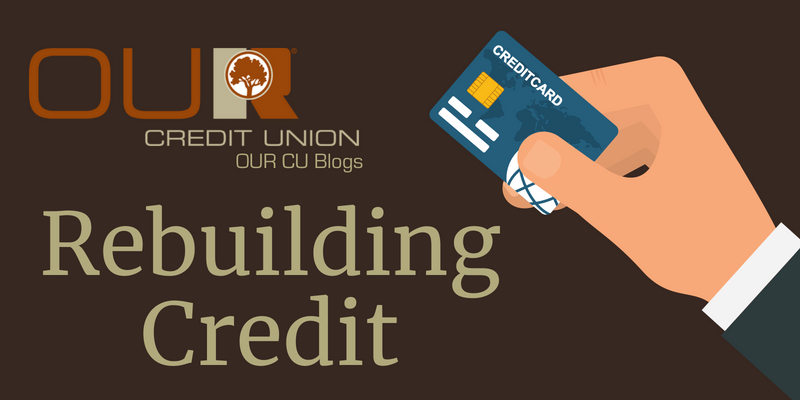Rebuilding Credit
If you recently filed for bankruptcy, a stable income and two to three years of solid money management can help rebuild your credit history. Here are some ways to help rebuild your credit:
Make all payments on time. A late payment damages your credit score. And every late payment reaffirms your creditors' belief that you are a bad credit risk.
Open a bank or credit union account. If you don't already have a checking or savings account, consider opening one. This sends a positive message to lenders about your ability to manage your finances.
Avoid high-interest loans. Payday loans and cash advances have extremely high interest rates. Try to avoid them and make sure you know what is expected of you before you take out a loan.
Apply for a secured credit card. A savings account can be tied to a secured credit card, limiting the amount you can spend while establishing a positive credit history.
Get educated. There are computer programs, books and courses available that teach people about financial planning and money management.
Show that you are a responsible consumer. If you have a credit card, always make timely payments. Pay your utility bills on time. Don't live beyond your means or purchase anything that you can't afford.
Fight for your credit. If you get denied, find out why and fight to get your application approved. Every loan, no matter how small, is a step in the right direction. But only if you make timely payments.
Explain your circumstances. If there were special circumstances leading to your bankruptcy, such as a serious illness, ask the credit report bureaus to place a note on your file. In addition, attach a letter to your loan applications.
Get a co-signer. If you can find someone willing to co-sign a loan, banks are generally willing to extend credit more quickly. You will still be the primary account holder. Make your payments on time to keep the bank --- and your co-signer --- happy.
Use sound financial management. Some creditors may be willing to loan you money immediately after a bankruptcy. Although the interest rates, penalties and fees will be very high and can lead to the same debt problems. Be careful.
Make a budget and stick to it. Having a nice car and expensive clothes are nice, but if you have to put items on a credit card in order to pay for them, you cannot afford to buy them.
Learn to pay yourself first. Paying yourself first each month is a great step to building a better financial life. By routinely taking out money each month, you're building a fund that can help pay for unexpected expenses.
Keep your debt-to-income ratio low. Your debt-to-income ratio (DTI) is your debt load versus the amount of income you bring in each month. The lower your DTI, the higher your credit score.
This article provided by OUR Credit Union partners at GreenPath Financial Wellness.
If you would like some help rebuilding credit or if you are interested in credit counseling services, contact GreenPath Financial Wellness at 800-550-1961.
« Return to "Consumer News"

